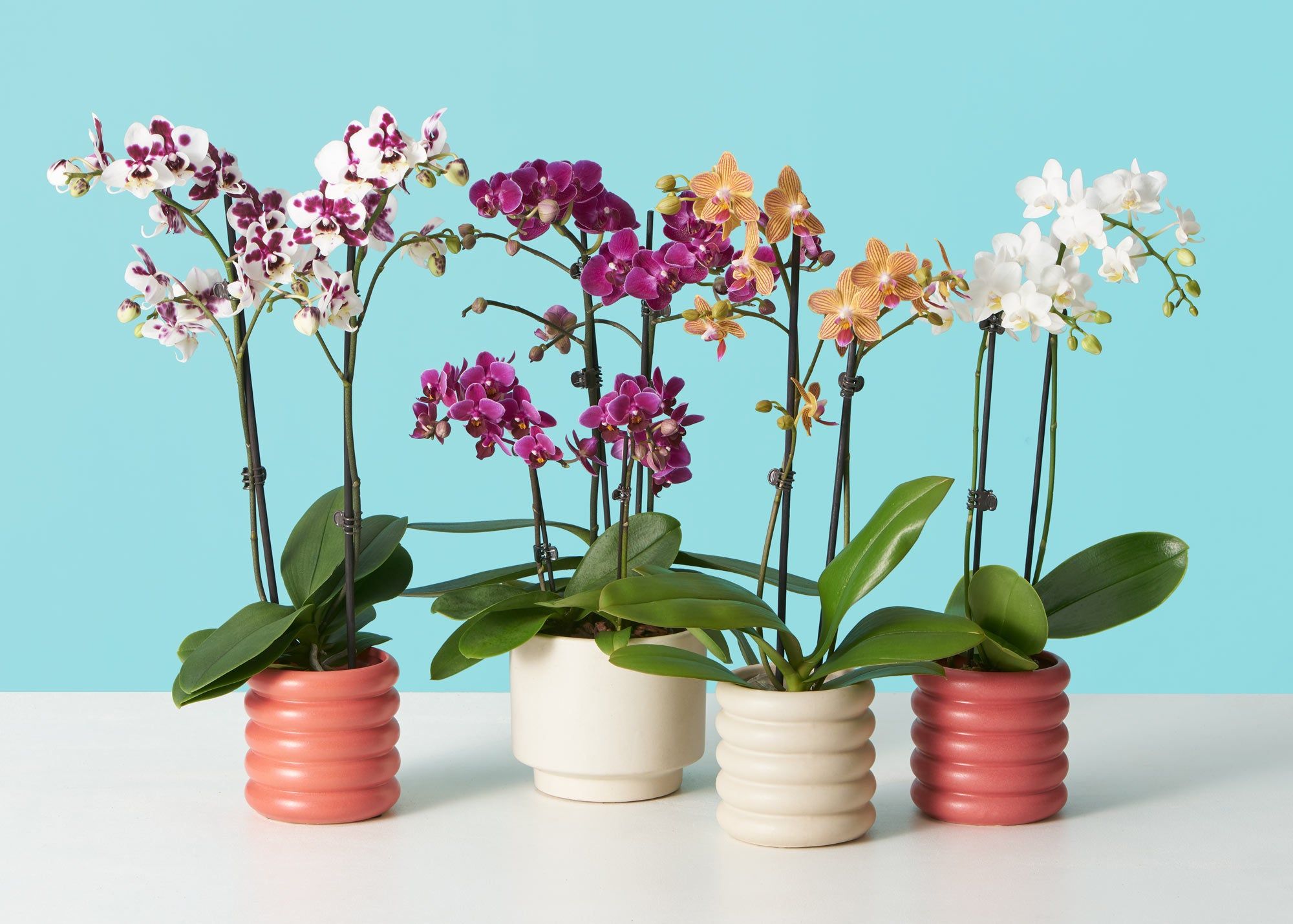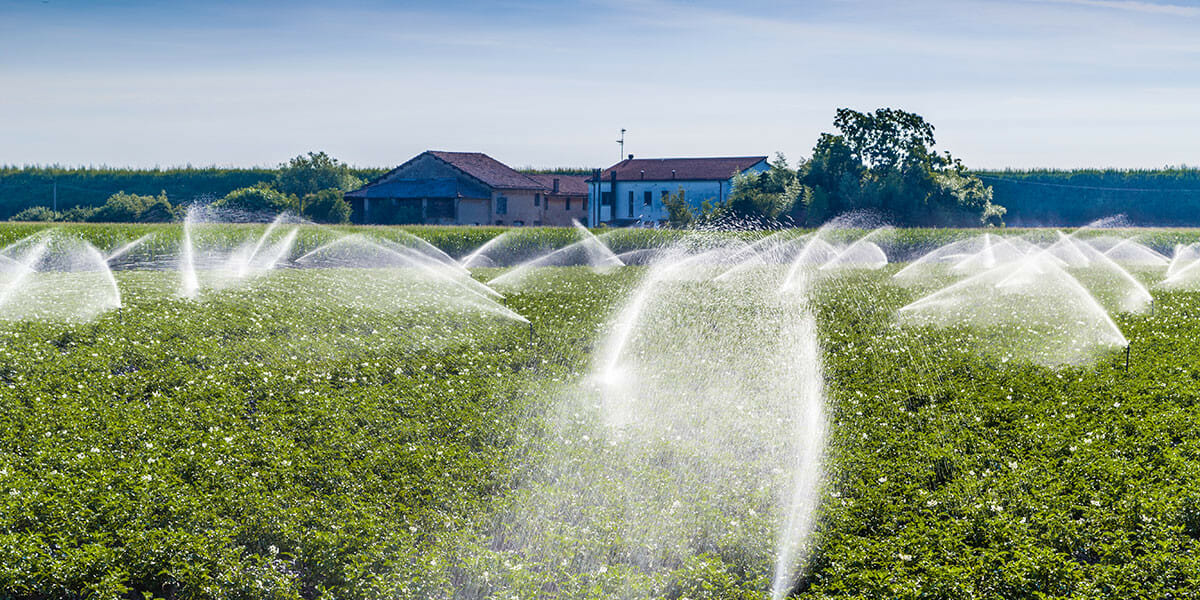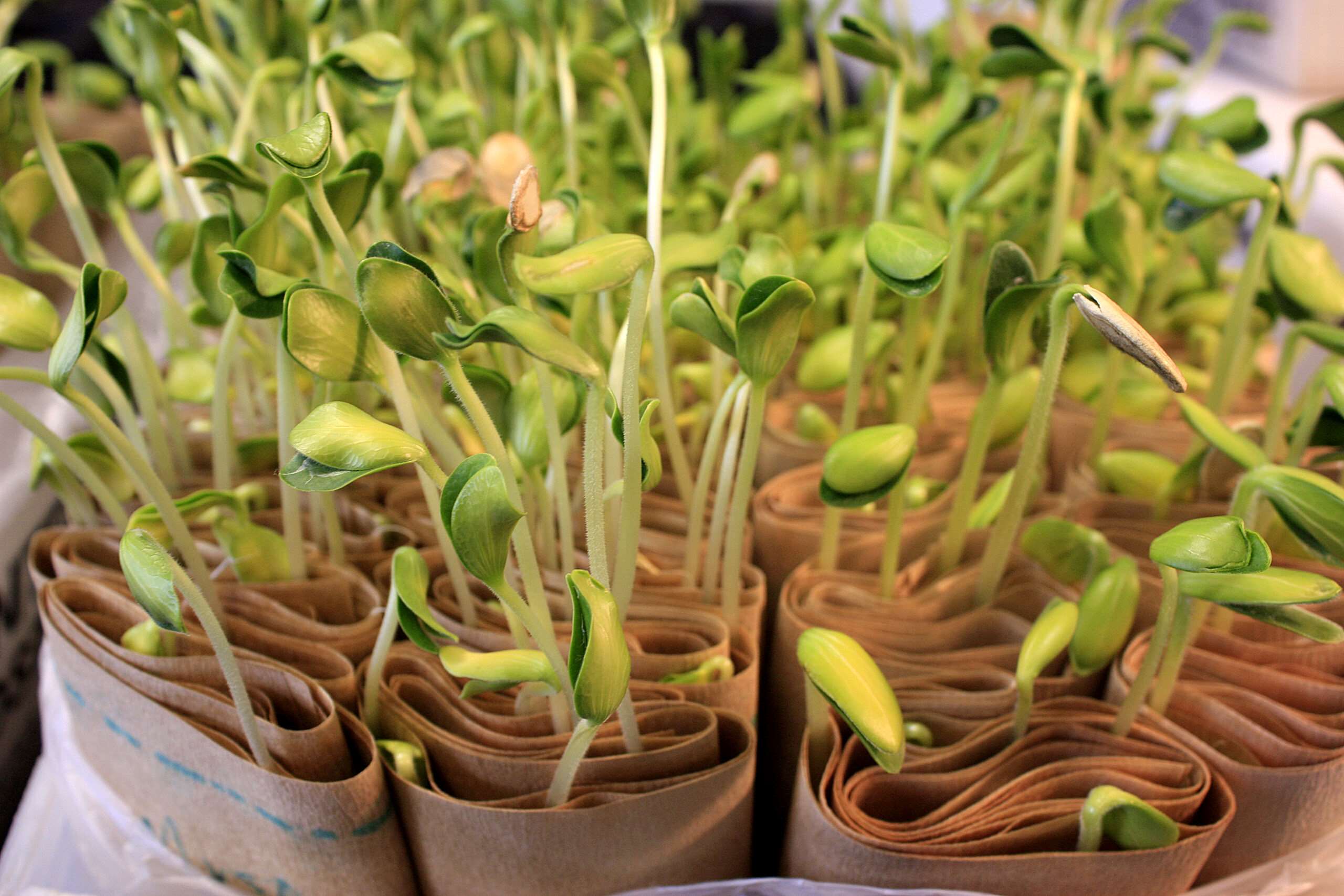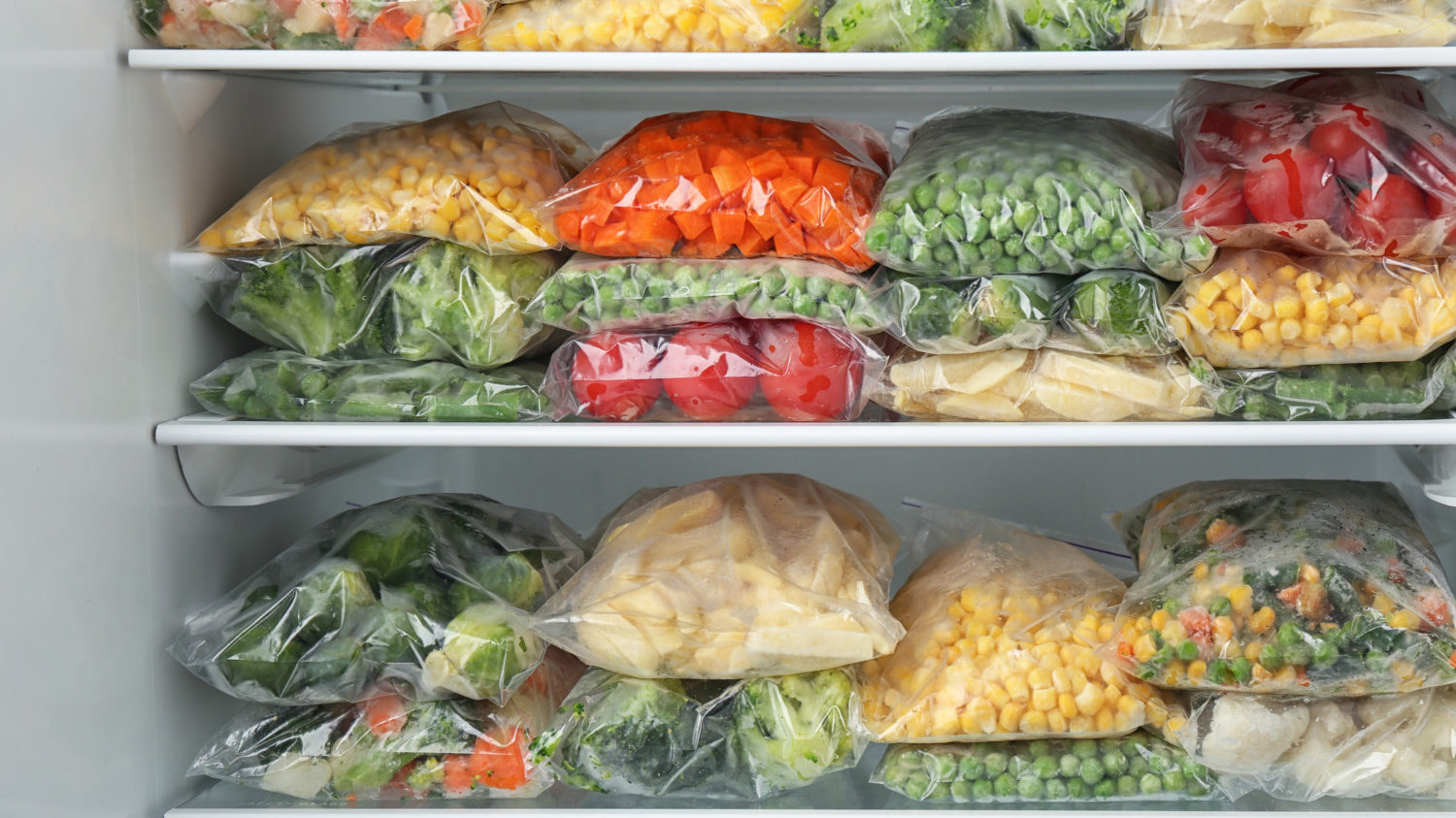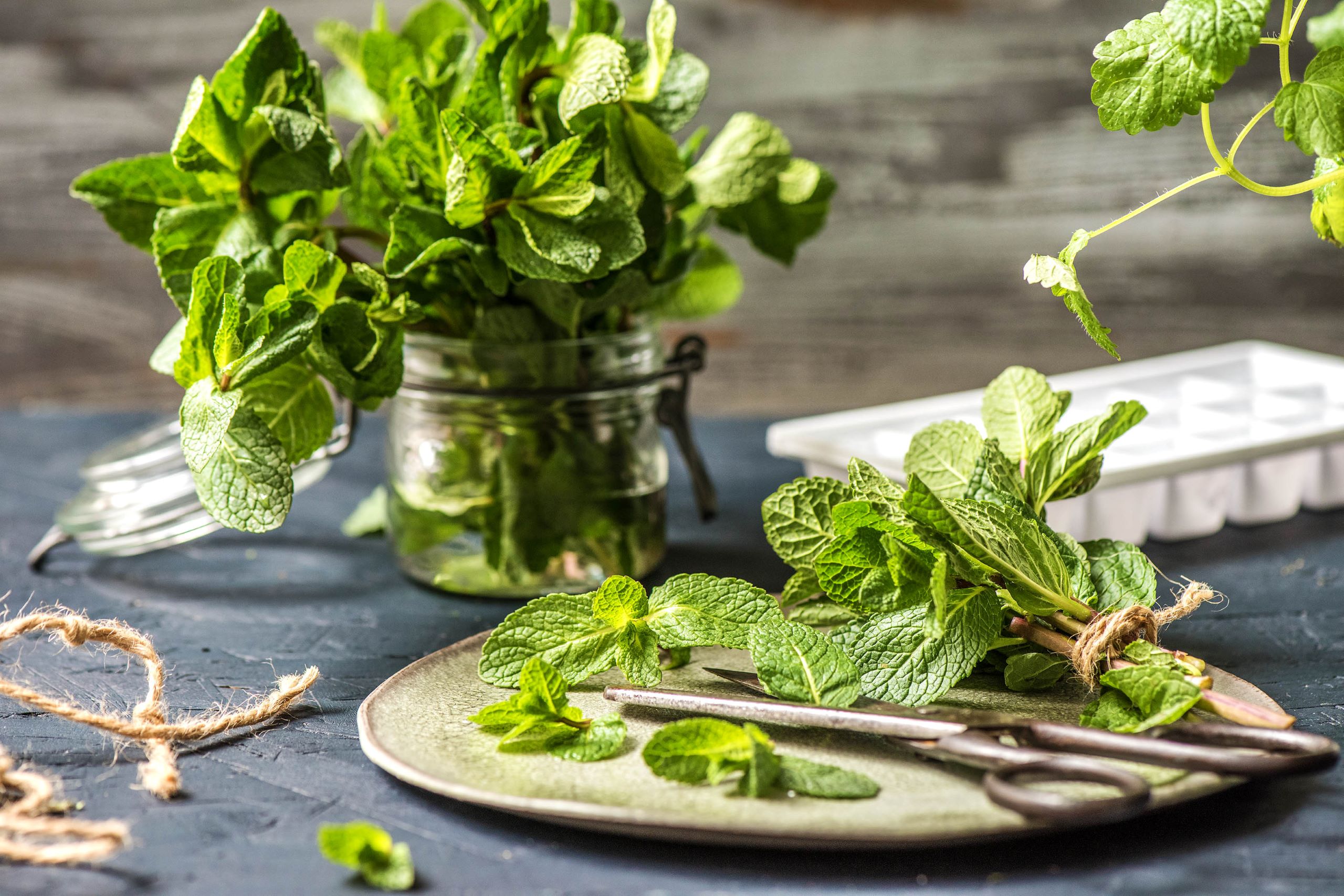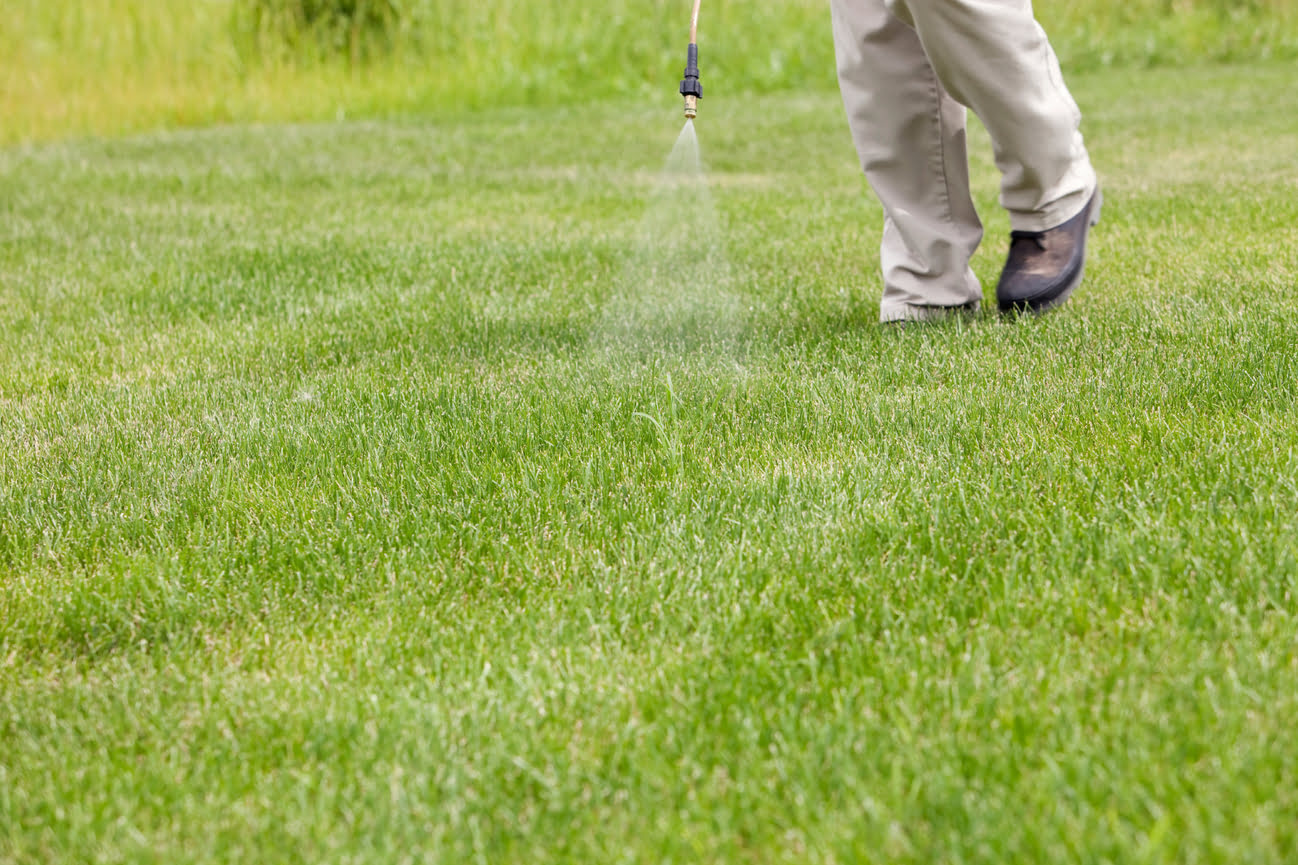Home>Types of Gardening>Edible Gardening>How Long Do Roasted Pumpkin Seeds Last
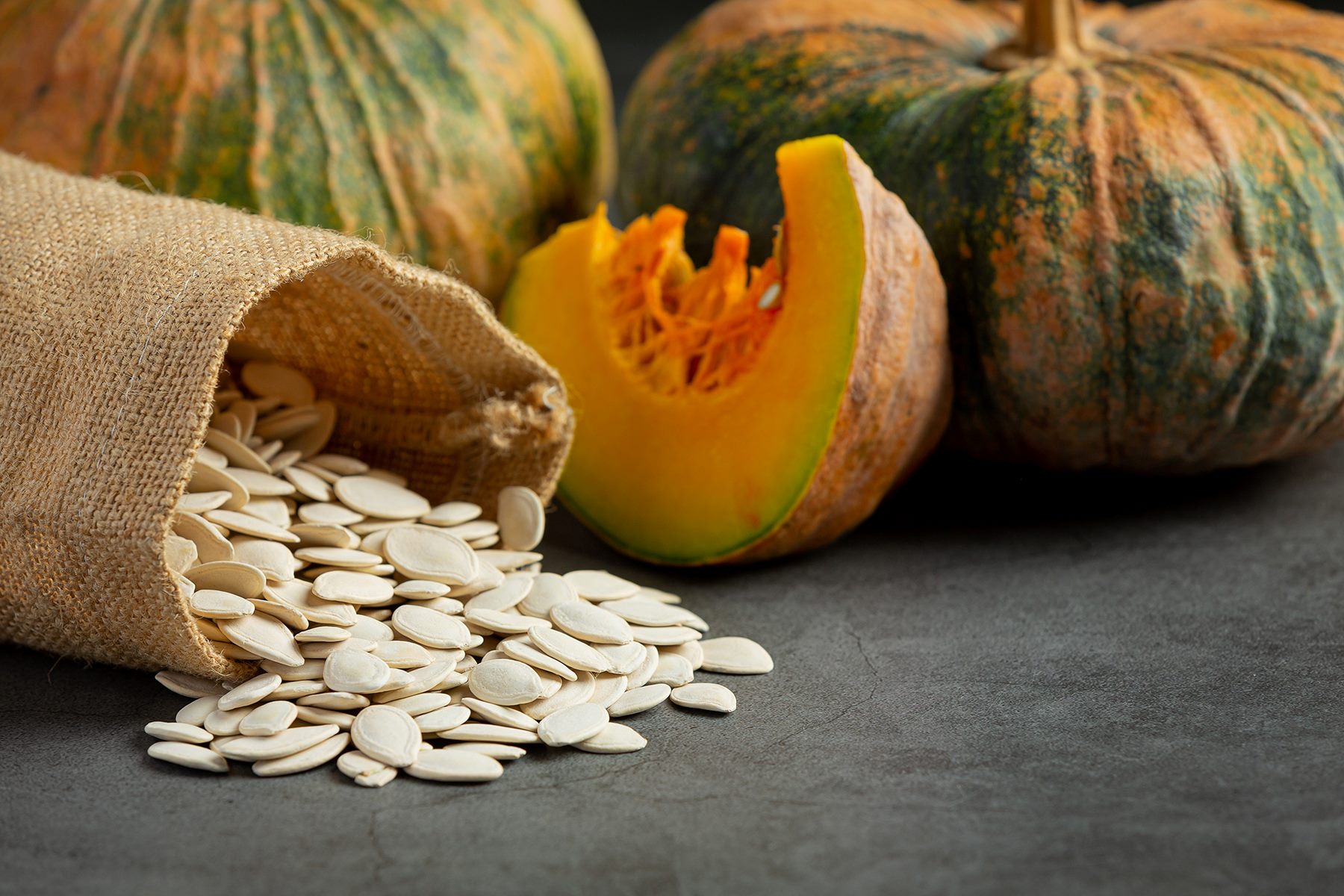

Edible Gardening
How Long Do Roasted Pumpkin Seeds Last
Published: September 9, 2023
Discover how long roasted pumpkin seeds last and get expert tips on edible gardening. Learn the best storage methods to preserve your delicious, nutritious seeds.
(Many of the links in this article redirect to a specific reviewed product. Your purchase of these products through affiliate links helps to generate commission for Chicagolandgardening.com, at no extra cost. Learn more)
Table of Contents
Introduction
Welcome to the fascinating world of edible gardening! If you have a green thumb and a passion for growing your own food, then you’re in the right place. Edible gardening is not only a rewarding hobby but also a great way to have fresh, organic produce right at your fingertips.
One of the joys of edible gardening is harvesting the fruits (or vegetables) of your labor. There’s something incredibly satisfying about picking your own homegrown produce and bringing it into your kitchen. But what if you have more than you can consume right away? That’s where proper storage and preservation techniques come into play.
In this article, we’ll focus on one particular edible garden delight: roasted pumpkin seeds. After carving your Halloween pumpkins or making your favorite pumpkin dishes, you might find yourself with an abundance of pumpkin seeds. Roasting them not only brings out their delicious nutty flavor but also extends their shelf life.
So, how long do roasted pumpkin seeds last? The answer depends on several factors, including how they are stored and the quality of the seeds. In the following sections, we’ll explore these factors in more detail and provide you with valuable tips on how to extend the lifespan of your roasted pumpkin seeds.
Factors Affecting the Shelf Life of Roasted Pumpkin Seeds
Several factors can impact the shelf life of roasted pumpkin seeds. Understanding these factors is crucial for maximizing the lifespan of your seeds and ensuring their quality. Let’s take a closer look at each one:
- Moisture: Moisture is the enemy when it comes to preserving the freshness of roasted pumpkin seeds. Excess moisture can lead to mold and spoilage. Make sure your seeds are completely dry before roasting and storing them. Additionally, avoid storing them in humid environments.
- Air Exposure: Oxygen can accelerate the deterioration of roasted pumpkin seeds. Exposure to air can cause them to become rancid or stale. To prevent this, store your roasted pumpkin seeds in airtight containers, such as glass jars or resealable bags. This will help maintain their freshness and protect them from oxygen exposure.
- Temperature: The temperature at which your roasted pumpkin seeds are stored can significantly impact their shelf life. It’s best to store them in a cool, dry place, away from direct sunlight and heat sources. Extreme temperatures can cause the seeds to spoil more quickly or lose their flavor and texture.
- Quality of Seeds: The quality of the pumpkin seeds you use can also affect their shelf life. It’s important to start with fresh, high-quality seeds to ensure the best results. Opt for organic seeds or those from reputable sources. Seeds that are already compromised or past their prime may not last as long, even after roasting.
- Roasting Process: The way you roast your pumpkin seeds can impact their shelf life. Over-roasting can make them more prone to spoilage, while under-roasting may result in a shorter lifespan due to not fully killing any potential bacteria. It’s important to follow a reliable roasting recipe and ensure the seeds are cooked thoroughly without burning them.
By taking these factors into consideration, you can help to extend the shelf life of your roasted pumpkin seeds and enjoy their delicious flavor and nutritional benefits for a longer period of time.
Storage Tips for Extending the Lifespan of Roasted Pumpkin Seeds
Proper storage is key to maintaining the freshness and quality of your roasted pumpkin seeds. By following these storage tips, you can extend their lifespan and enjoy them throughout the year:
- Allow them to cool: After roasting your pumpkin seeds, allow them to cool completely before storing. This helps prevent condensation from forming inside the storage container, which can lead to moisture and spoilage.
- Choose the right container: Opt for airtight containers made of glass or food-grade plastic. These containers will keep your roasted pumpkin seeds protected from air exposure and moisture. Mason jars, resealable bags, or vacuum-sealed containers are great options for storage.
- Label and date: To keep track of the freshness of your roasted pumpkin seeds, label the container with the date of roasting. This way, you can easily identify how long they have been stored and consume them within a reasonable time frame.
- Store in a cool, dark place: To maintain the flavor and texture of your roasted pumpkin seeds, store them in a cool, dry place away from direct sunlight and heat sources. A pantry or cupboard is an ideal location.
- Avoid moisture: Moisture can spoil roasted pumpkin seeds, so make sure they are completely dry before storing. If there is any residual moisture, it can lead to mold growth. You can pat them dry with a paper towel if needed.
- Don’t mix flavors: If you like to experiment with different flavors while roasting, store each flavored batch separately. This prevents cross-contamination of flavors and helps maintain the original taste of each batch.
- Rotate stock: To ensure you always have fresh roasted pumpkin seeds, rotate your stock. Use older batches before opening a new container. This way, you can enjoy the freshest seeds while minimizing waste.
Following these storage tips will help preserve the flavor, texture, and nutritional value of your roasted pumpkin seeds, ensuring they last as long as possible.
Signs of Spoiled Roasted Pumpkin Seeds
Despite your best efforts, there may come a time when your roasted pumpkin seeds start to spoil. It’s important to be able to recognize the signs of spoilage to avoid consuming them and risking any potential health issues. Here are some common signs that your roasted pumpkin seeds have gone bad:
- Mold: If you notice any mold growth on the roasted pumpkin seeds, discard them immediately. Mold can produce toxins that are harmful when ingested.
- Off smell: Spoiled roasted pumpkin seeds may have a rancid or unpleasant odor. If they smell off or unusual, it’s best not to consume them.
- Change in appearance: Look for any visible changes in the appearance of the roasted pumpkin seeds. They may become discolored, have a slimy texture, or appear shriveled. These are all indications of spoilage.
- Taste: Give the roasted pumpkin seeds a taste test. If they taste strange, bitter, or have an off flavor, it’s a clear sign that they have gone bad. Trust your taste buds and discard them.
- Texture: Check the texture of the roasted pumpkin seeds. If they feel excessively soft, mushy, or have an odd texture, it’s a sign of spoilage. Fresh roasted seeds should have a crunchy and firm texture.
Remember, it’s better to be safe than sorry when it comes to consuming spoiled food. If you notice any of these signs, it’s best to discard the roasted pumpkin seeds to avoid any potential health risks.
How to Properly Dispose of Expired or Spoiled Pumpkin Seeds
If you find yourself with expired or spoiled pumpkin seeds, it’s essential to dispose of them properly to prevent any potential contamination or harm. Here are some guidelines on how to dispose of expired or spoiled pumpkin seeds:
- Seal in a bag: Place the expired or spoiled pumpkin seeds in a sealable bag. This helps contain any odor or potential mold spores and prevents them from spreading.
- Label as spoiled: Clearly label the bag as “spoiled” to avoid any accidental consumption or confusion with fresh seeds.
- Discard in trash: Dispose of the sealed bag of spoiled pumpkin seeds in your regular trash bin. Be sure to tie the bag securely to prevent any leaks or spills.
- Avoid composting: Do not dispose of spoiled pumpkin seeds in your compost pile. They can attract pests and may introduce harmful mold or bacteria to the composting process.
- Prevent cross-contamination: When disposing of spoiled pumpkin seeds, be mindful of avoiding cross-contamination with other food waste. Keep the sealed bag separate from any compostable or recyclable materials.
- Clean the storage container: If the spoiled pumpkin seeds were stored in a reusable container, thoroughly clean and sanitize the container to remove any traces of mold or bacteria.
Properly disposing of expired or spoiled pumpkin seeds helps maintain a clean and safe environment in your kitchen and minimizes the risk of any foodborne illnesses. By following these disposal guidelines, you can ensure the well-being of yourself and others who may come into contact with the discarded seeds.
Conclusion
Growing your own edible garden is a rewarding experience, and learning how to properly store and preserve your harvested produce is essential. When it comes to roasted pumpkin seeds, following the right storage techniques can significantly extend their shelf life and maintain their quality.
Factors such as moisture, air exposure, temperature, seed quality, and roasting process all play a role in determining how long roasted pumpkin seeds will last. By considering these factors and implementing proper storage practices, you can enjoy the delectable flavor of roasted pumpkin seeds for an extended period.
Remember to allow the roasted pumpkin seeds to cool before storing them in airtight containers. Choose the right storage location, away from moisture, direct sunlight, and extreme temperatures. Regularly rotate your stock to consume the oldest batch first and label containers with the date of roasting to track freshness.
Be sure to monitor the signs of spoilage, such as mold, off smells, changes in appearance, taste, and texture. If you detect any of these signs, it’s best to dispose of the spoiled pumpkin seeds properly to avoid any health risks. Seal them in a bag, label it as spoiled, and discard it in the regular trash.
By following these guidelines, you can make the most of your roasted pumpkin seeds, enjoy their delicious taste, and make them last as long as possible. So, dig into the world of edible gardening, savor the joys of harvesting your own produce, and relish the delight of roasted pumpkin seeds for months to come.

